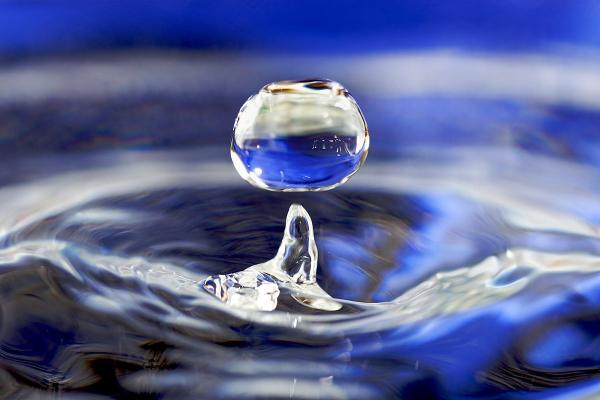Rome Water Dialogue contributes to preparations for UN Water Conference
11 Jan 2023 by The Water Diplomat

The Rome Water Dialogue was organised on 29 November 2022 by the Food and Agriculture Organization of the United Nations (FAO), in the run-up to the UN Water Conference in March 2023 and in line with the other major water events of the year (Dakar, Dushanbe, and Sharm el Sheikh). The event highlighted the urgency of sustainable water resources management for the agricultural sector and sought to deliver key messages for New York. FAO Director-General Dongyua Qu stated: "Unless we find ways to manage the world's water resources sustainably, we will need more than a third more water to produce the additional food needed for the world's growing population by mid-century. He went on to say: "By 2050, global food, fibre and feed production will need to increase by 50% over 2012 levels to meet growing demand. In a business-as-usual scenario, this would mean at least 35% additional freshwater resources .
FAO data shows that 2.3 billion people currently live in water-stressed countries, with more than 733 million people (about 10% of the world's population) living in countries with high to critical water stress. According to the FAO, agriculture consumes about 72% of the world's freshwater, making it "an essential component of any strategy to combat water stress".
The Rome Dialogue served to emphasise the role of an inclusive, participatory and holistic process to achieve not just the targets and indicators of Sustainable Development Goal 6 on water and sanitation, but through water, to support the implementation of the whole agenda for sustainable development. Governments, international organisations, civil society, the private sector nd academia need to be involved in a process with a broad vision that embraces water, sanitation, health, ecosystems, oceans, energy, food systems and nutrition.
This requires the political will to strongly integrate and prioritise water in national sustainable development strategies, policies and investment plans, to understand how water can best be used to achieve national goals. To achieve this, and as highlighted in the preparatory meeting for the UN Water Conference in Dushanbe in June, country-led water dialogues are an essential tool, as are the development of National Water Roadmaps.
